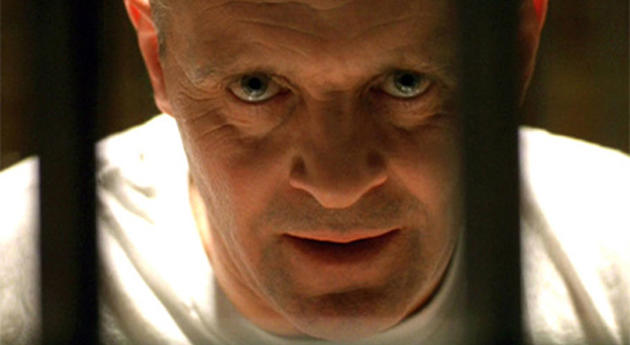Monday
I report today on the second senior project that I am mentoring this year, this one undertaken by an English-psychology double major. (Here’s a description of my other project.) Kate Hedrick has long been interested in crime fiction and chose a project where she could draw on both her majors. Kate is studying psychopaths like Ted Bundy and Ed Gein and looking at how they have inspired “psychological thrillers” like Robert Bloch’s Psycho and Thomas Harris’s Silence of the Lambs.
Kate is teaching me about antisocial personality disorders (APD) and the difference between sociopaths and psychopaths. According to the Diagnostic Statistical Manual, someone with three or more of the following traits has an APD:
–Regularly breaks or flouts the law
–Constantly lies and deceives others
–Is impulsive and doesn’t plan ahead
–Can be prone to fighting and aggressiveness
–Has little regard for the safety of others
–Irresponsible, can’t meet financial obligations
–Doesn’t feel remorse or guilt
Psychopathy is associated more with genetic abnormalities, sociopathy with upbringing.
Kate’s project has three major sections. First of all, she is examining what psychologists have to say about APD, including their theories about figures like Gein and Bundy who have inspired psychological thrillers.
Kate will then look at how APD gets transmuted into literature. Do crime authors give us special insights into APD, including the special feel for it that can be literature’s contribution to psychology. Or do the authors traffic in superficial stereotypes, distorting the disorder in order to make a sensational plot. My sense is that the truest psychological thrillers would be those that have the plot grow out of a deep knowledge of the disorder.
Finally, the question arises as to why we as readers are so drawn to psychological thrillers in general and to the works that Kate will be looking at in particular.
I’ll note that there has always been a psychological component to crime fiction. Poe’s Dupin talks about figuring out the psychology of the criminal in “The Purloined Letter,” and scholars of the crime novel have found parallels between classical Freudian talk therapy and the Sherlock Holmes stories. (A client visits an expert, who descends into the streets/subconscious to make sense of it all and who then returns with a satisfying explanation.) Often in the work of the French mystery writer Georges Simenon, we know “who done it” from the very first pages and the mystery lies instead in why he or she did it.
I’ll report next May on what Kate discovers.
